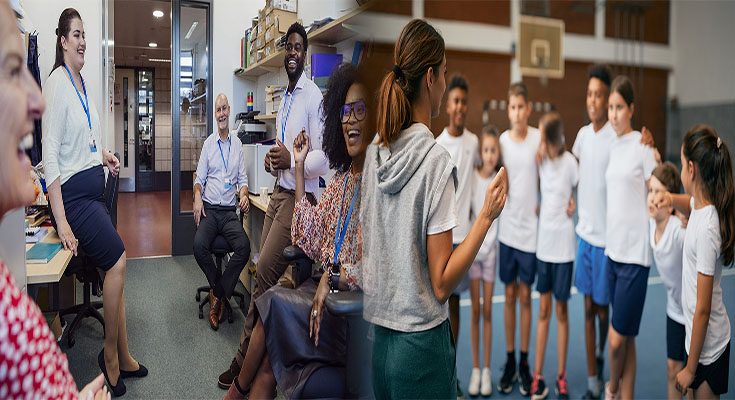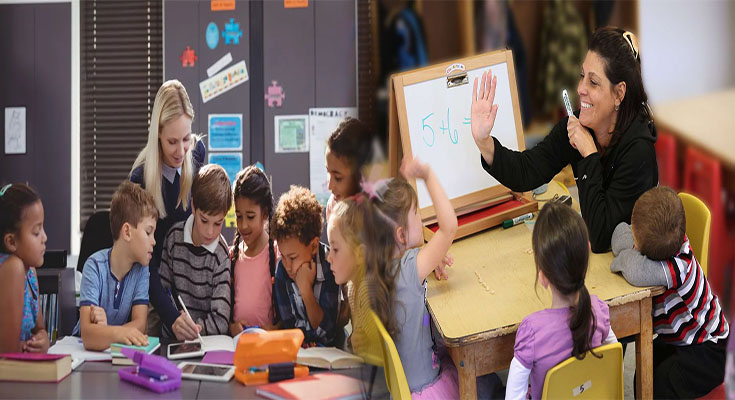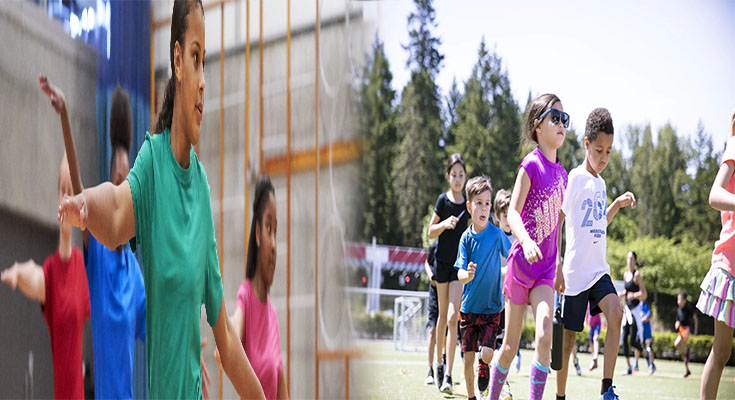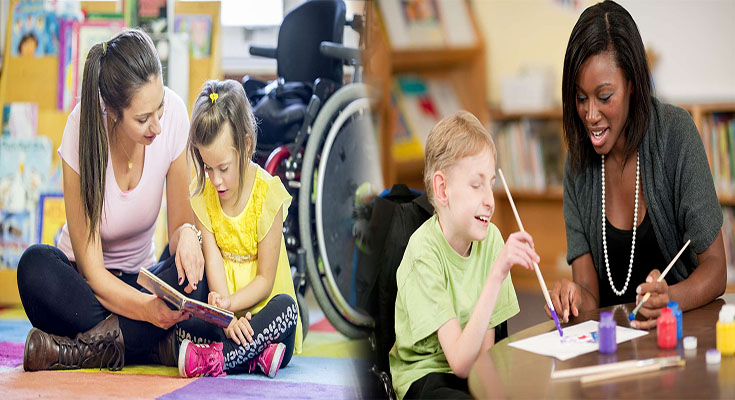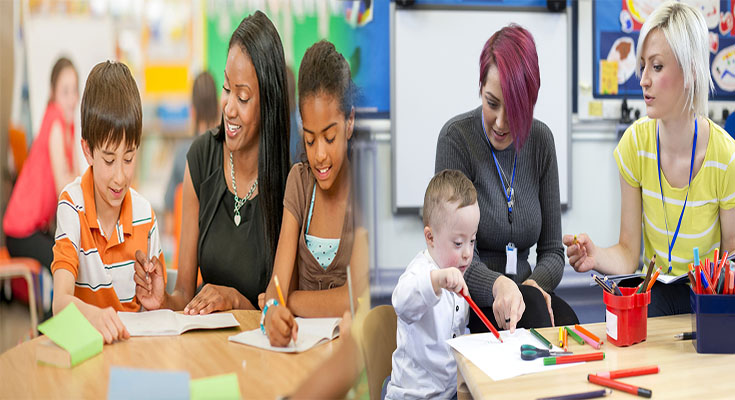
Collaborative Approaches in Special Education Instruction
Special education instruction plays a pivotal role in meeting the unique needs of students with disabilities. To ensure the success of these students, it is crucial to adopt collaborative approaches that involve educators, specialists, families, and community members. By fostering collaboration, sharing expertise, and pooling resources, special education instruction can become more effective, inclusive, and impactful. Let’s explore the benefits and strategies of collaborative approaches in special education.
Benefits of Collaboration
Collaborative approaches in special education instruction offer numerous benefits for both students and educators. By working together, educators can leverage their collective knowledge and experience to create individualized education plans (IEPs) that address students’ specific needs and goals. Collaboration also promotes a more holistic understanding of each student’s strengths, challenges, and learning styles. Furthermore, involving families and community members in the collaborative process fosters a sense of partnership and shared responsibility, leading to increased support and advocacy for students …
Collaborative Approaches in Special Education Instruction Read More

